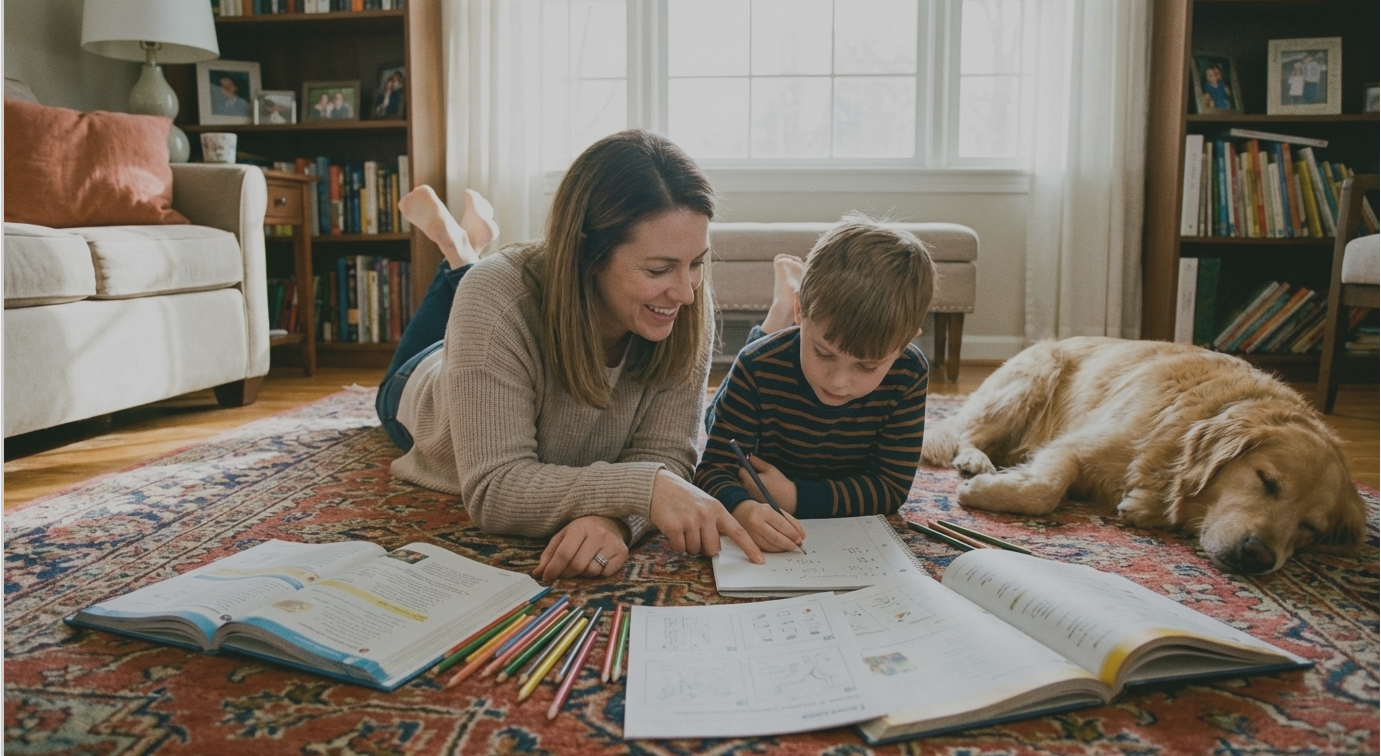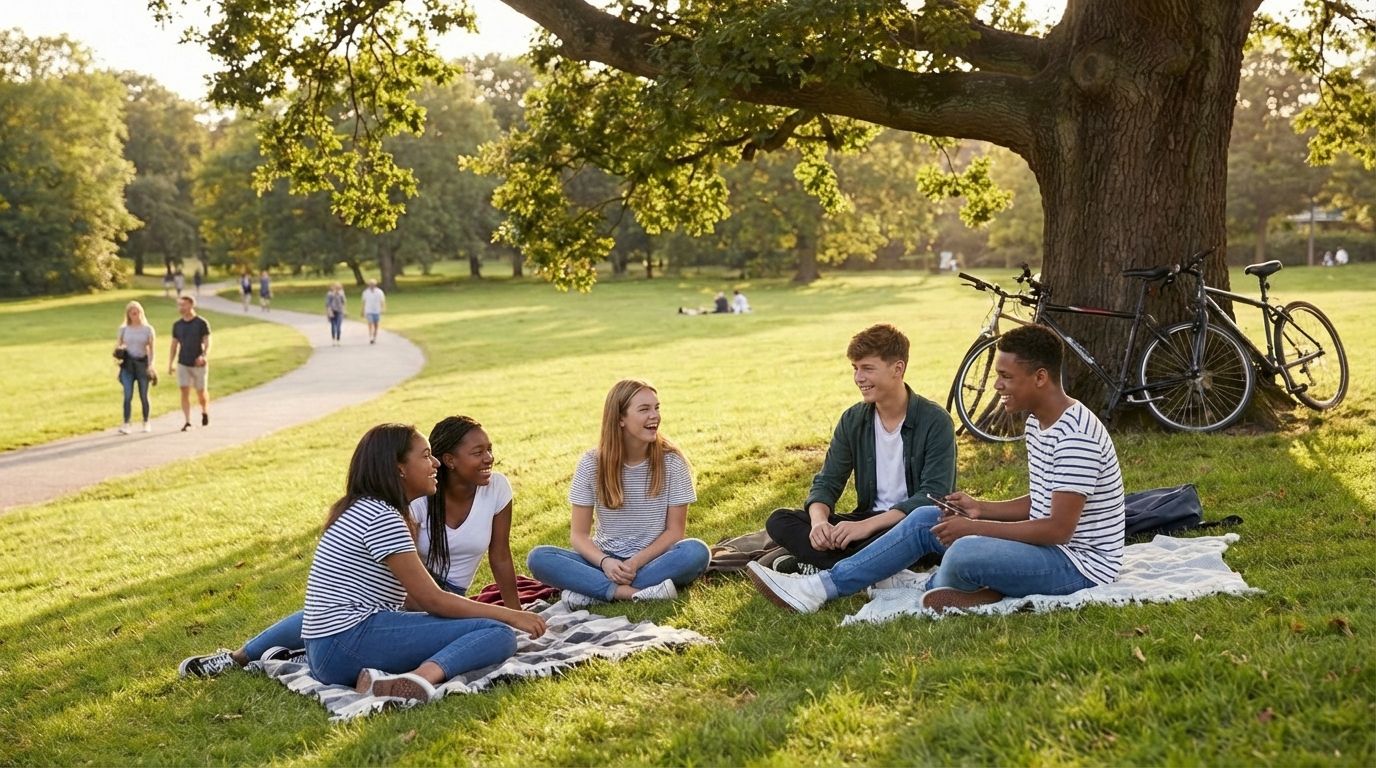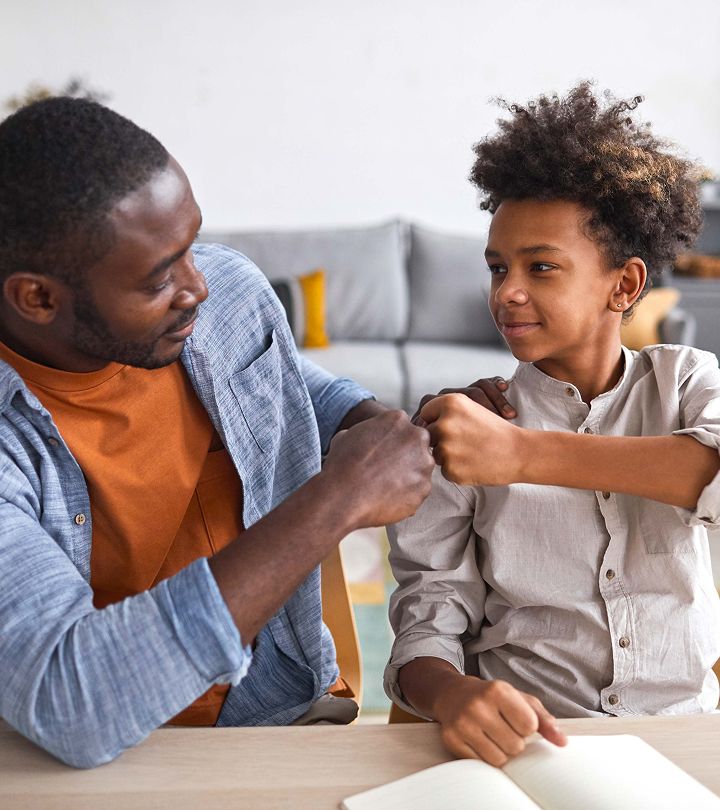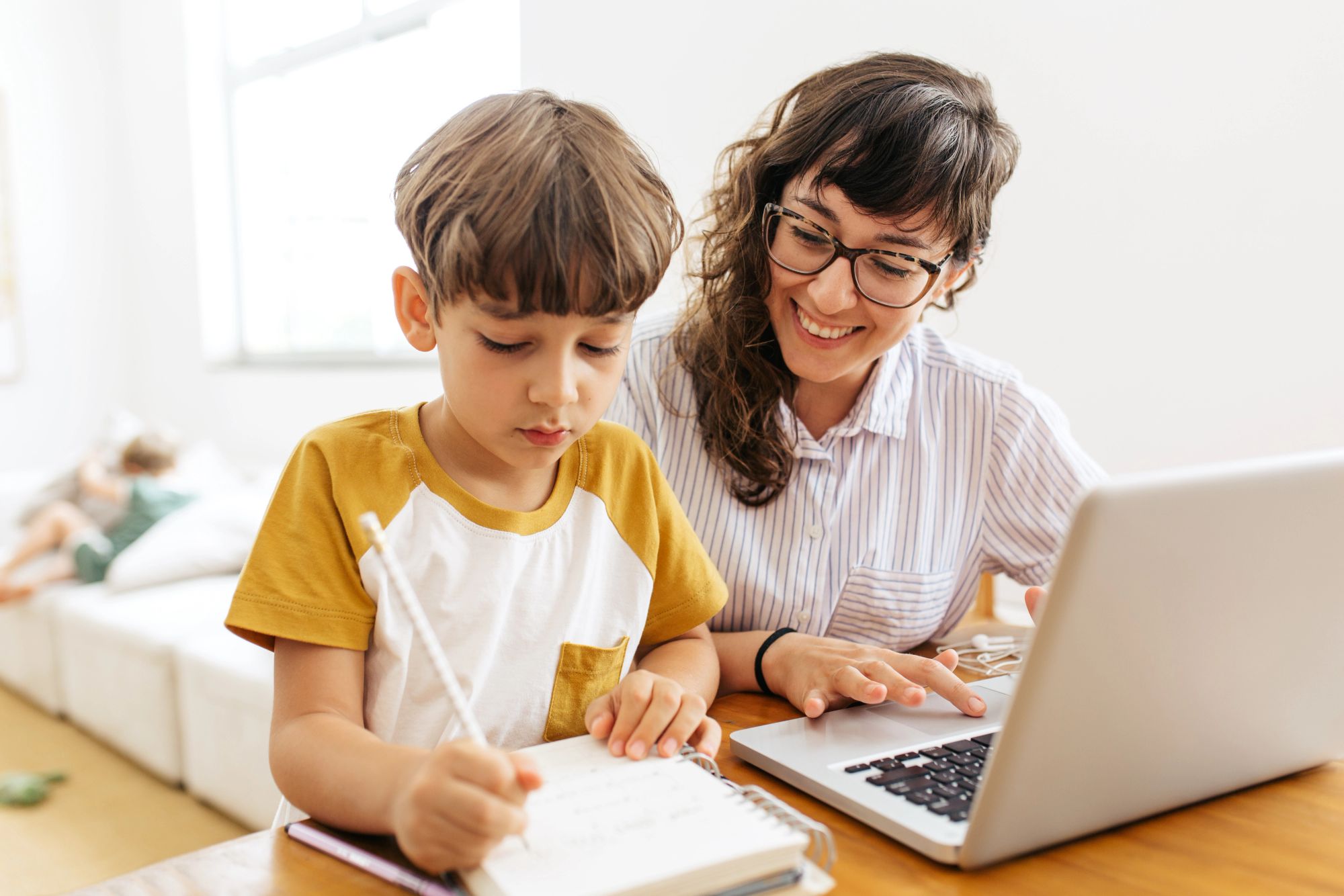
Flexible, Accredited Homeschooling Programs
Bridgeway Homeschool Academy offers a range of offerings to meet your needs, including accreditation, dedicated 1:1 Advisor support, curriculum, and live online classes.

Find your best fit at Bridgeway Academy
Find a program tailored to you

About Bridgeway Academy
For over 30 years, we’ve been crafting rewarding homeschool experiences that fit each family’s unique needs and goals. Learn more about our accreditation, mission and vision, and the value we bring to the educational industry.
A trusted partner for over 35 years.
Accredited
Providing a globally accredited education ensures your child’s transcripts are ready for their next step and achievement.
Customized
Over 40 high-quality publishers to build our robust library of K -12 curriculum offerings to ensure your child gets the right fit for them.
Proven
Our carefully crafted programs, helpful admissions team, and expert advisors ensure your Bridgeway Academy learning journey succeeds.
Supportive
Curriculum, advising, and grading support you need to homeschool with confidence.

Attend a virtual open house on demand
Learn more about the programs and services offered at Bridgeway Academy via our on-demand, virtual open house. We’re ready right now to help answer your questions!
years of homeschooling expertise
years of homeschooling expertise
of bridgeway graduates go on to higher education
of bridgeway graduates go on to higher education
national and international accreditations
national and international accreditations
bridgeway students served globally
bridgeway students served globally
Our Programs
Private, Personalized K-12 Homeschool Education
Create a best-fit homeschool curriculum that inspires your student with complete flexibility from self-paced textbook to live online learning.
Bridgeway Academy Plus
Our Academy Plus program includes a mixture of online and textbook courses with a higher level of teacher support.
You’ll get:
- Live teacher support
- A customized curriculum package including options for textbook, online, live, and pre-recorded online classes.
- A dedicated advisor
- Grading and learning support
Associate Degree
With Bridgeway Academy, students can earn an associate degree while in high school:
- Fulfill both college and high school requirements with one course
- Benefit from flexible college class start dates designed to fit your schedule
- Learn directly from college professors
- Receive one-on-one support and guidance from a dedicated Bridgeway Advisor
Dual Enrollment
Expand your child’s horizons with college-level courses while in high school. Dual enrollment means your student receives both high school and college credit for the same course.
- Enjoy flexible college class start dates.
- Directly work with and receive instruction from college professors
- One-on-one support from a Bridgeway Advisor
Bridgeway Accreditation
Get the transcript you need with the curriculum of your choice. If you’ve already chosen a curriculum and have your homeschooling plan, we can help you with accreditation.
Our Accreditation Program offers:
- A simple process for submitting your chosen curriculum
- Access to our dedicated academic advisors
- Full Transcripts and portfolio review
Academy Nobilis
Academy Nobilis is a personalized, whole-child program designed for families navigating learning differences. Get a mix of textbook and online courses with customized support for all kinds of learners.
You’ll get:
- Regular check-ins with a Nobilis specialist
- Collaborative guidance for families
- Support for learning differences and disabilities
- Guidance for gifted and talented pathways
Why attend Bridgeway Academy?
Live and Online Homeschool Programs to Fit Your Family

pk-12 school accreditation

family friendly benchmark of excellence

pk-12 school accreditation

k-12 private online school & pk-12 supplemental education program

homeschool community nominated

dedication and commitment to academic excellence


